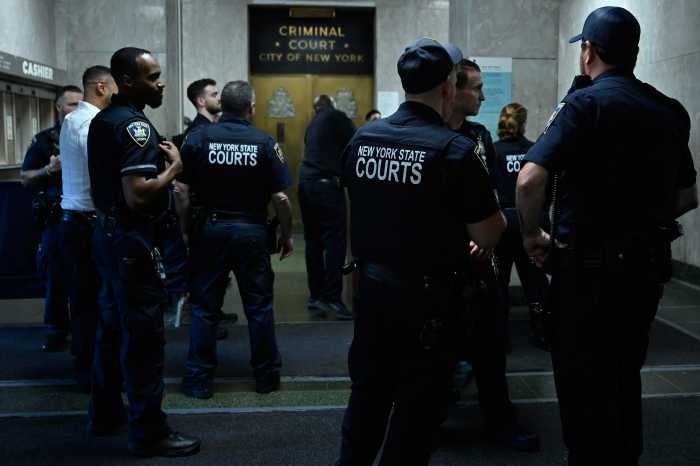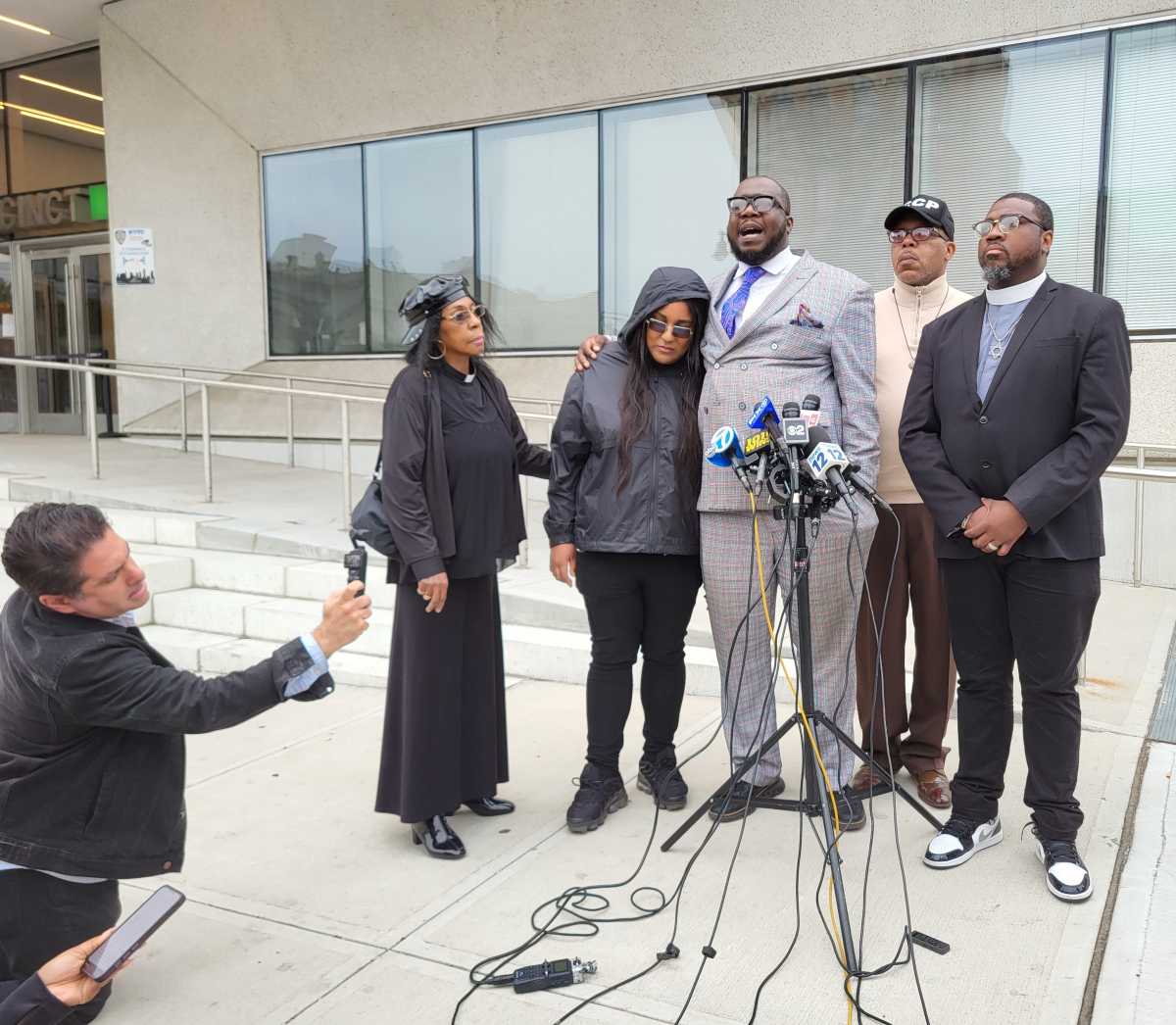NYCHA may not be complying with several federal regulations, and plans to inform the federal government of these potential lapses by updating its annual plan, the authority’s interim chair and CEO, Stanley Brezenoff, said Wednesday.
In a letter addressed to the U.S. Department of Housing and Urban Development, Brezenoff noted that NYCHA may not be adhering to federal rules related to employee training and overtime, emergency management plans, oversight of tenant protection plans and hiring of NYCHA residents and other low income people. The memo said NYCHA may also be failing to fulfill legal agreements to remedy mold and lead hazards.
Brezenoff said NYCHA is currently examining the extent of any violations. So as to not risk loss of federal funding, NYCHA wants to make sure it is not falsely claiming to be in compliance on the public housing authority plan it files annually to HUD.
“We want to be transparent, and we want to be absolutely sure that when NYCHA — when I — put my name on something that we are being fully forthcoming,” Brezenoff told reporters Wednesday.
HUD did not return requests for comment.
The revelation that NYCHA may be breaching federal protocols comes after the authority admitted last month to misleading the federal government and the public about the number of residents with elevated blood lead levels.
The authority and the U.S. attorney for the Southern District of New York have signed a proposed consent decree, which outlines how NYCHA failed to fully test its portfolio for lead paint hazards and attempted to cover up its non-compliance. If approved by the judge, the city would direct at least $2 billion to NYCHA and work with a federal monitor on turning around the authority.
Brezenoff said he is prioritizing bringing NYCHA into compliance with federal regulations.
“We have a new, invigorated compliance operation within NYCHA. It’s been in formation for some time. And with them and with our operations, we will be focused on areas of noncompliance and fixing them,” Brezenoff said. “That’s what this approach to certification is doing.”
































